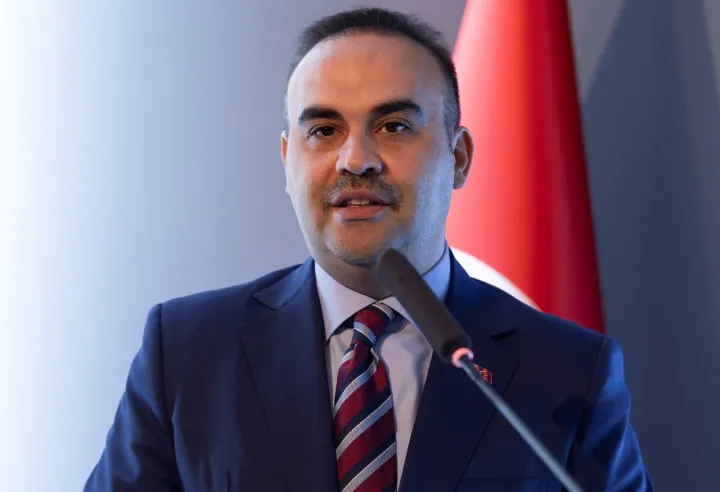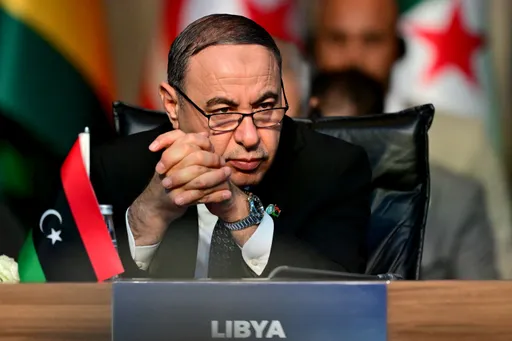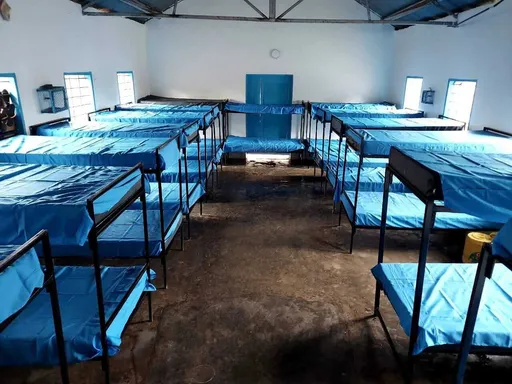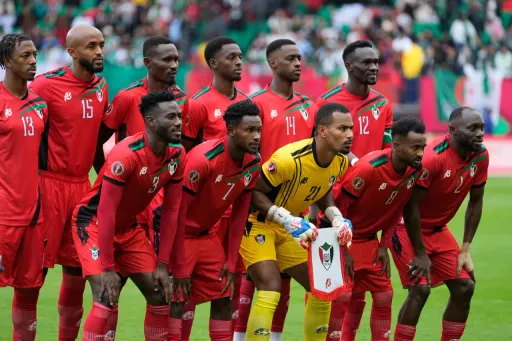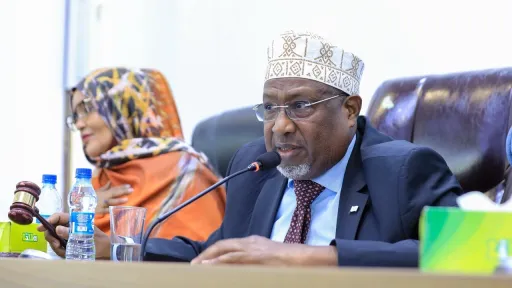By Tooba Masood
As the clouds of all-out war linger, following the Iranian retaliation against Israel, regional observers are debating ways Israel may strike Iran to dictate the terms of the ongoing conflict.
According to Drew Mikhael, a Research Fellow at Queen’s University Belfast, who looks at ethnic conflicts in the Middle East and Africa, Israel would need US approval before locking the Iranian targets
“180 missiles is quite significant – this is more significant than we had anticipated,” Mikhael tells TRT World, referring to the barrage of ballistic missiles Iran fired at Israel on Tuesday evening to avenge a series of high-profile assassinations by Israel.
“And if the US is working towards de-escalation at the UN conference with Iran, then that seems to be completely undermined right now,” he adds, as Israeli Prime Minister Benjamin Netanyahu has vowed to attack Iran.
Although Iran has announced that its missile attack on Israel was over --barring further provocation – US news website Axios cited Israeli officials saying Tel Aviv will launch a “significant retaliation” within days that could target oil production facilities inside Iran and other strategic sites.
Fears that Iran and the US could be drawn into a regional war have risen with Israel's growing assault on Lebanon in the past two weeks, including the start of a ground operation there on Monday, while it continues to bomb Gaza since October 7 last year.
Washington said it would work with longtime ally Israel to ensure Iran faced “severe consequences” for Tuesday's attack.
In response, Iranian Foreign Minister Abbas Araqchi said on Wednesday that if the Israeli regime decides to invite further retaliation ”our response will be stronger and more powerful”.
Justification for Israel to strike Iran
Sami Nader, Director of the Levant Institute for Strategic Affairs, believes that while the Iranian strike was very well calibrated, it will offer Israel a justification to attack Iran on all fronts.
“In my view it can target their oil facilities in order to deprive Iran from its financial revenue or it can strike directly the nuclear site or maybe some key leaders in the revolutionary guard in the same way that they have done with Hezbollah,” he tells TRT World.
The Islamic Revolutionary Guard Corps (IRGC) said the attack on Israel was in response to the assassinations of Hamas leader Ismail Haniyeh, Hezbollah leader Hassan Nasrallah and IRGC commander Abbas Nilforoushan.
Haniyeh was killed in an attack in Tehran in July, while Nasrallah and Nilforoshan were killed in an air strike in the Lebanese capital Beirut last week.
Nader says Iran’s strikes at Israel were intended to reassure Hezbollah cadres that Tehran is on their side, willing to respond to relentless Israeli assaults on the group and reclaim deterrence against their avowed enemy.
The author, Tooba Masood, is a Karachi-based journalist, co-host of Pakistan’s first true crime podcast, and co-author of the upcoming book Society Girl.


